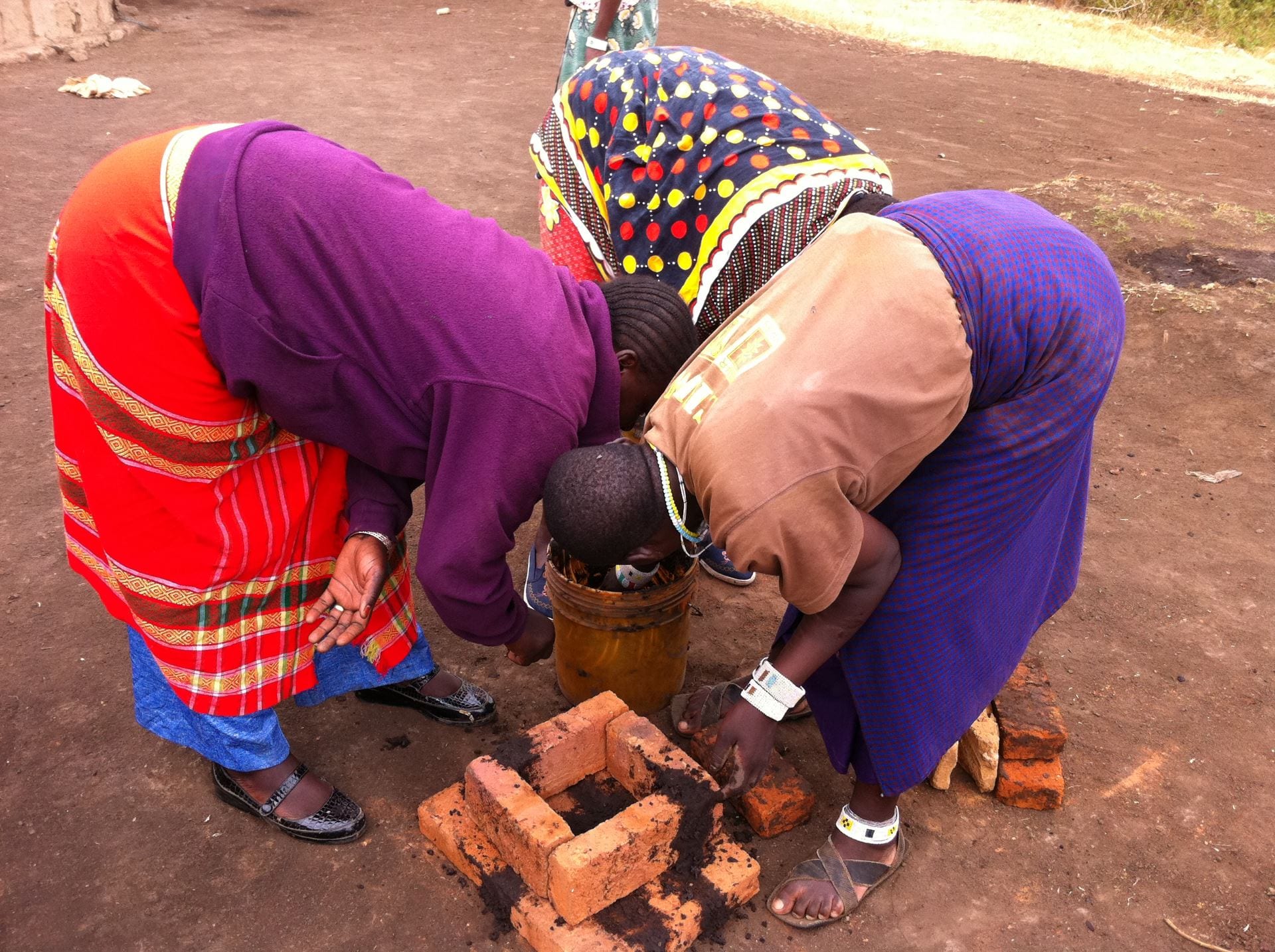“I never want any child to go through what I did as a refugee. I want to help empower indigenous communities to effectively manage their own natural resources to prevent the corruption that leads people to take up arms to control these resources.
William Adams Twayigize, UNE Peace Studies Student:
“I come from the war-torn region known as the African Great Lakes. For the past 25 years it has experienced the worst human atrocities in the world since World War II. According to the 2010 United Nations Mapping Report on the Democratic Republic of the Congo (DRC), more than 6 million people – both Congolese and Rwandan refugees – were killed from 1993-2010. This is because countries such as DRC, Burundi, South Sudan, Uganda, Central African Republic, Kenya and Somalia are rich in diamonds, gold, petrol, gas, uranium, coltan, tourmaline, nickel and uranium. Tech industries around the world need these products to make electronic gadgets such as mobile phones, laptops, medical equipment, electric cars and plane engines.
I experienced the consequences of resource-related conflicts personally. It forced me to live in 11 different refugee camps and to walk more than 5000 kilometres from refugee camps in Goma, in the DRC, all the way to Francesville in Gabon. I witnessed millions of people dying.
I never want any child to go through what I did as a refugee. I want to help empower indigenous communities to effectively manage their own natural resources to prevent the corruption that leads people to take up arms to control these resources. That is why, in 2004 when I was working in the Office of the President of Kenya, I founded the African Natural Resources Effective Management Institute (ANREMI AFRICA).
ANREMI believes that an informed community cannot be led into fighting over natural resources they have active control over.
We educate indigenous communities on how to manage their local resources, prevent mineral-related conflicts, and build stronger natural resource management mechanisms. By empowering local communities, we hope to ensure better living conditions for future generations.
Apart from carrying out research to inform citizens about effective natural resources management and peace-building, ANREMI also provides solar panels to reduce indoor pollution from fires that cause respiratory and eye infections in children, which prevents them from attending school. We also train rural communities on how to build economical stoves that reduce indoor smoke and the amount of firewood used. This reduces the time women and children spend fetching firewood in the forests, where they risk rape and snakebite.
We also use solar technology to provide water to remote communities, and have supported refugees to become involved in the Table Banking System, which encourages women to improve their financial literacy and to establish small-scale businesses through merry-go-round loans. Soon we also hope to work with Maasai and Somali communities in Kenya and Tanzania to educate them on alternative rites of passage for girls to prevent the oppressive cultural practice of female genital mutilation. As financial opportunities arise, we plan to start a “Girl Feel Good” campaign to provide school girls with sanitary pads so they can continue attending school during menstruation.
In Turkana County there are two communities that fight to control the limited water resources for human consumption and animal use. Women and children must trek 12-15 kilometres one way in search of water and, along the way, women are killed or raped. Children miss or drop out of school because they have to fetch water. If I could have one wish, it would be to fund the digging of two wells to provide water and bring peace to this area.”



Recent Comments